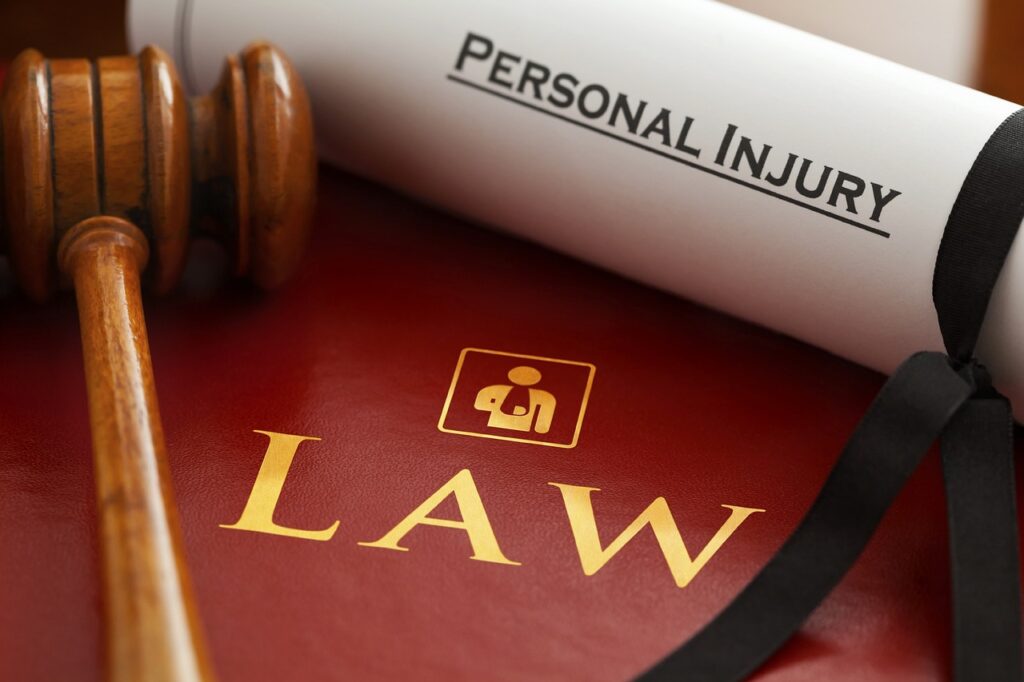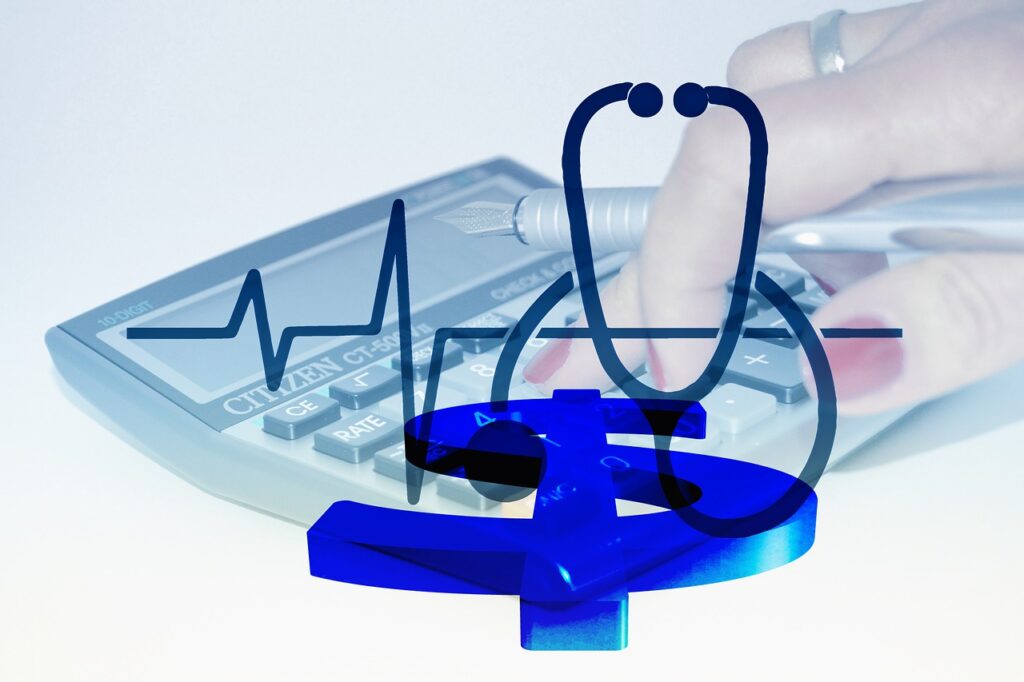What Are the Most Common Types of Personal Injury Cases?
Personal injury law encompasses a wide array of situations where individuals are harmed due to the negligence or wrongful actions of others. These cases can be complex, involving various factors and legal considerations. Here, we explore some of the most common types of personal injury cases, providing a closer look at the circumstances and legal intricacies involved in each. Car Accidents Car accidents are perhaps the most frequent type of personal injury case. Car wreck claims can range from minor fender-benders to catastrophic collisions. The causes of car accidents are diverse, including distracted driving, speeding, drunk driving, and poor road conditions. In personal injury cases arising from car accidents, the injured party typically needs to prove that the other driver was negligent. This involves demonstrating that the driver owed a duty of care, breached that duty, and caused the injury as a result. Evidence such as police reports, witness statements, and medical records plays a crucial role in these cases. Insurance companies are often heavily involved in car accident claims, and negotiating with them can be challenging. An experienced personal injury attorney can help navigate these negotiations, ensuring fair compensation for medical expenses, lost wages, and pain and suffering. Trucking Accidents Trucking accidents, involving large commercial vehicles, often result in severe injuries or fatalities due to the sheer size and weight of the trucks. Truck wreck cases are more complex than typical car accidents because they involve multiple parties, such as the truck driver, trucking company, and potentially even the manufacturer of the truck or its parts. They are also usually defended by experienced insurance defense companies who are trying to limit how much the injured person can recover. Federal regulations govern the trucking industry, and violations of these regulations can be a significant factor in personal injury claims. For example, truck drivers have strict limits on the number of hours they can drive without rest. Failure to adhere to these regulations can be used as evidence of negligence. Investigating trucking accidents often requires a thorough examination of logbooks, maintenance records, and the truck’s black box data. These cases also frequently involve expert witnesses to reconstruct the accident and determine liability. Work Injuries Work injuries, or workplace accidents, can occur in any profession, though some industries are more hazardous than others. Common causes include falls, equipment malfunctions, and exposure to harmful substances. Workers’ compensation in Louisiana is a no-fault system designed to provide benefits to injured workers without the need for litigation. However, there are circumstances where an injured worker might file a personal injury lawsuit instead of, or in addition to, a workers’ compensation claim. This typically happens when the employer refuses to pay the claim or a third party, not the employer, is responsible for the injury. For example, if a worker is injured by a defective piece of machinery, they might have a product liability claim against the manufacturer of the equipment. Work injury cases require a detailed understanding of both workers’ compensation laws and personal injury law to effectively pursue all available avenues for compensation. Maritime Accidents Maritime accidents involve injuries that occur on navigable waters, including oceans, rivers, and lakes. These cases are governed by maritime law, also known as admiralty law, which differs significantly from standard personal injury law. Common maritime injury cases include those involving commercial fishing accidents, offshore oil rig injuries, and cruise ship incidents. The Jones Act is a critical piece of legislation in maritime law, allowing seamen who are injured due to their employer’s negligence to seek damages. Maritime cases can be highly complex, involving intricate details of federal maritime statutes and international laws. Due to the unique nature of these cases, it is essential to have a lawyer experienced in maritime law to navigate the specific legal requirements and ensure proper compensation. Wrongful Death Claims Wrongful death claims arise when a person dies due to the negligence or wrongful actions of another. These cases are brought by the deceased person’s estate or surviving family members and aim to compensate for the losses suffered due to the death and any pain or suffering experienced before the death. Common scenarios leading to wrongful death claims include fatal car accidents, medical malpractice, and workplace accidents. To succeed in a wrongful death claim, the plaintiff must prove that the defendant’s actions directly caused the death and that the survivors have suffered financially as a result. Damages in wrongful death cases can include funeral expenses, loss of income, loss of companionship, and emotional distress. These cases are particularly sensitive, requiring compassionate yet assertive legal representation to address the complex emotional and financial aspects involved. Premises Liability Claims Premises liability claims involve injuries that occur on someone else’s property due to unsafe conditions. Common examples include slip and fall accidents, dog bites, and injuries from falling objects. Property owners have a legal duty to maintain a safe environment for visitors. When they fail to do so, and someone is injured as a result, the injured party can file a premises liability claim. These cases hinge on proving that the property owner knew or should have known about the hazardous condition and failed to rectify it. The injured party also has to prove that the hazard was not so obvious that they should have known to avoid it. Evidence in premises liability cases often includes photographs of the accident scene, video from store cameras, maintenance records, and witness testimonies. An experienced attorney can help establish the property owner’s negligence and secure compensation for medical expenses, lost wages, and other related costs. Defective Product Claims Defective product claims, or product liability cases, arise when a person is injured by a faulty product. These cases can involve a wide range of products, from household appliances to automobiles to pharmaceuticals. There are three main types of product defects: design defects, manufacturing defects, and marketing defects (failure to warn). To succeed in a product liability claim, the plaintiff must prove that the product was defective and that the defect



